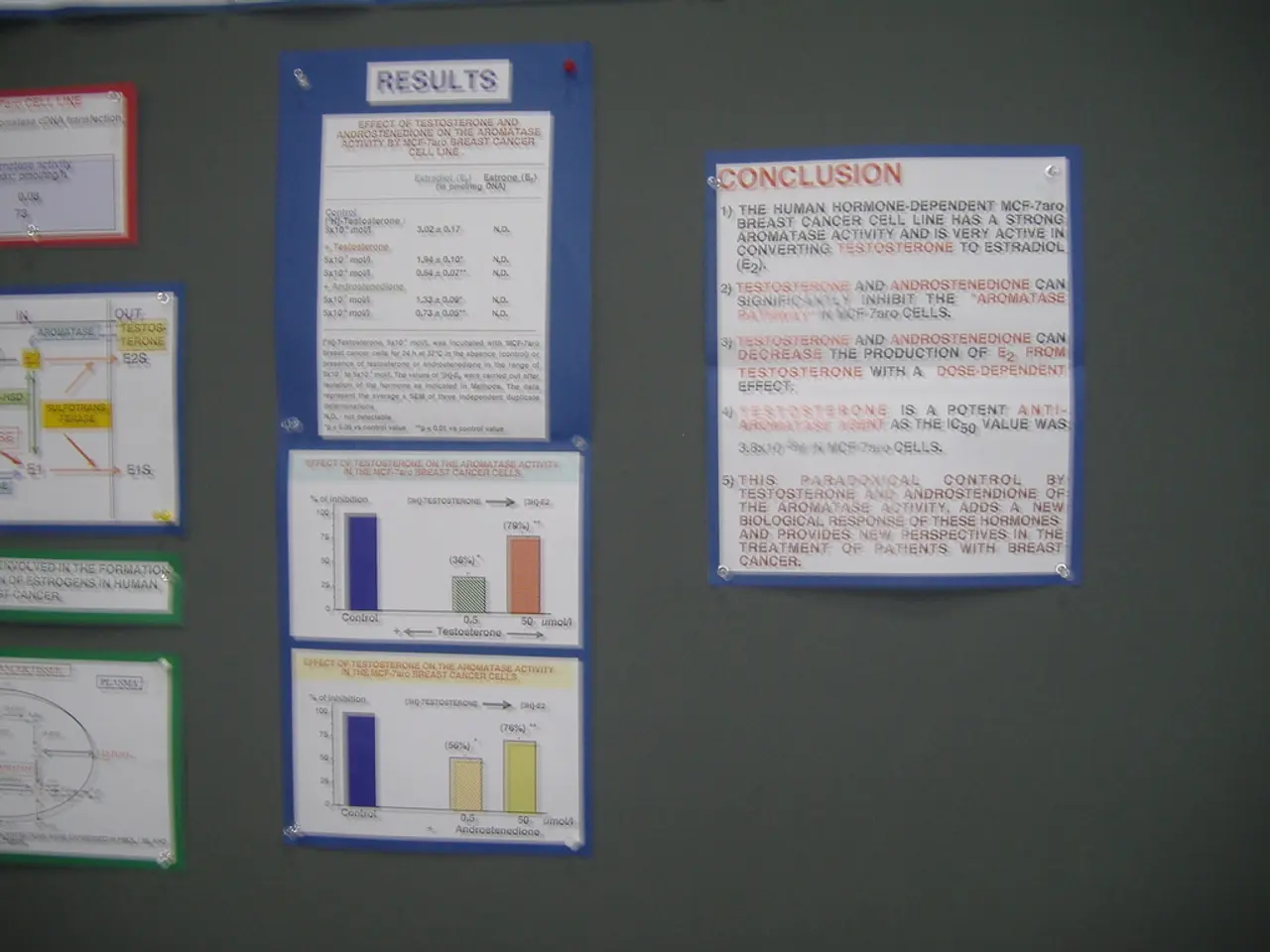Strategies for safeguarding your pension from Labour's inheritance tax grab
Tapping into Surplus Income Gifting: A Smart Approach to Slash Inheritance Tax
Savvy wealth management reveals that merely two percent of estates subject to inheritance tax (IHT) are seizing the chance to employ surplus income gifting, a tactic that could drastically cut their tax liabilities.
Quilter's recent analysis, carried out through freedom of information (FOI) requests, unearths only 1,490 estates currently employing this strategy, yet the firm foresees significant growth following anticipated IHT increases and 2027's tax reforms.
Gifting money that evades IHT can be achieved if regular income transfers are made, even if the donor expires within the subsequent seven years.
Crucial criteria must be met to secure this tax-free status, with the consistent frequency of payments being a key factor.
HMRC's Documentation Requirements
Strict HMRC rules govern the preservation of records, necessitating crystal-clear evidence that the income used for gifting is indeed surplus – and in no way compromises the donor's lifestyle.
The documentation must outline the extent of the income and expenses, the amount gifted, and the timeline of these transactions.
To secure the exemption, the gifts need to be recurring, rather than being a one-off transaction.
Rachael Griffin, Quilter's tax and financial planning ace, asserts, "This little-used IHT relief remains a powerhouse strategy, with just 1,490 estates reaping its advantages in the last three years. With pending pension tax changes in 2027, we anticipate a surge in this exemption's usage as more individuals seek methods to minimize IHT liabilities."
Griffin adds, "For those who can afford to gift surplus income, this tactic is invaluable since the relief applies instantly, unlike other gifts which require a seven-year wait for the annual £3,000 exemption."
"Critical record-keeping is a must, as HMRC demands unambiguous documentation proving that gifts were made from surplus income rather than capital, and that they didn't infringe upon the donor's standard of living. Seeking professional advice can ensure compliance and maximize the benefits of this often-overlooked exemption," recommends Griffin.
- To maximize the benefits of the surplus income gifting strategy for inheritance tax savings, individuals should seek professional financial advice to ensure they meet HMRC's documentation requirements.
- The documentation required by HMRC must clearly demonstrate that the income used for gifting is surplus and does not affect the donor's lifestyle, including details about the extent of income and expenses, the amount gifted, and the timeline of these transactions.
- As more people look for ways to minimize inheritance tax liabilities with the upcoming pension tax changes in 2027, investing in a consistent surplus income gifting strategy could potentially be a smart move, since the relief applies immediately, unlike other gifts that require a seven-year wait.




